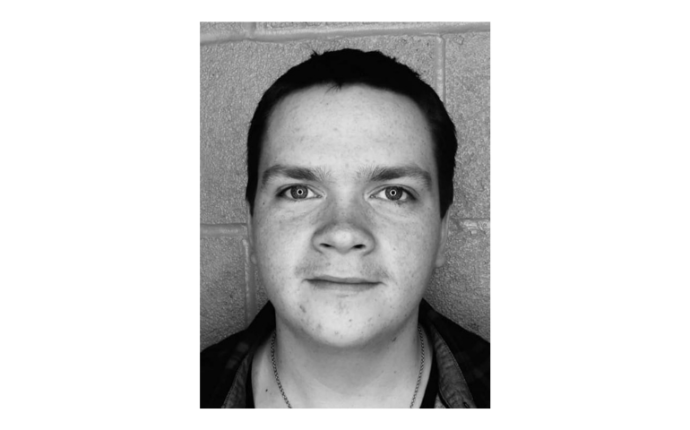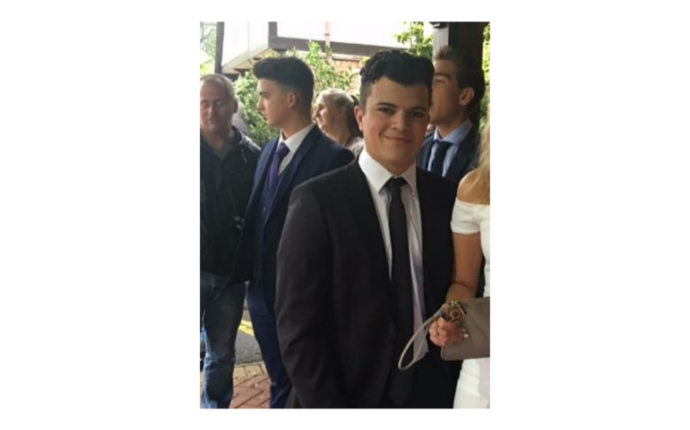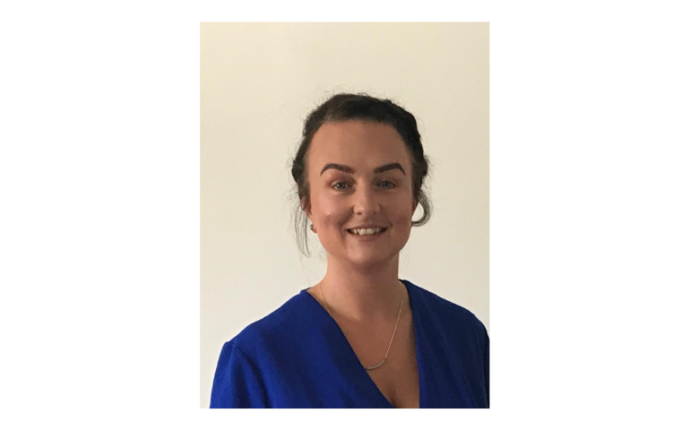‘It really is all about the people we support’ – changing to a career in social care during a pandemic

According to official statistics from late last year, there were more vacancies in health and social care work than in any other sector in the UK. Yet with many people with disabilities shielding or put on furlough and with widespread feelings of stress, isolation and loneliness across the nation, the awareness of the invaluable work of support workers has almost certainly never been higher.
We spoke to four United Response support workers who have all joined the organisation at some point during the pandemic, to find out what made them apply and how they are getting on in their new roles.
Joe: ‘It’s definitely more fulfilling than a lot of jobs‘
Joe Liminton is from Nailsea in Somerset. He started working for United Response just before the March lockdown, having previously worked in the kitchen at a pub.
Some of Joe’s friends were already working for United Response and they strongly recommended that he apply for a support worker role.

Having felt uninspired in previous jobs, Joe loves his current role. He points to having learnt a lot, not only about care work, but also about some of the societal barriers people with disabilities face:
“People with a learning disability are at higher risk of discrimination in the community and it’s purely because there’s no education around it.
“I personally think teenagers should be going for part-time jobs in care. You become so much more of an accepting person and you understand people so much better.”
He added: “As long as you can make the client happy then you’re laughing. Being able to give them a better quality of life – it’s definitely more fulfilling than a lot of jobs.”
Chris: ‘One day is never quite the same‘
Chris Thomas is a support worker at Barnfield Farm in Honiton. His last job before joining the care sector was at a fudge shop in Sidmouth.
Prior to COVID, Chris was studying Law at the University of Bristol. Now he’s back in Honiton and continuing his studies through the Open University. Barnfield is only ten minutes away from Chris’ house and his mum worked there previously. When he was looking for a job locally, he saw the ad and his mum encouraged him to apply.

“It was one of the jobs that was the easiest to fit in to at the very beginning. A lot of the people we support, they show you how to support them.”
Chris loves the variety of his day-to-day role: “There’s a lot of things that I wouldn’t think I would ever have been paid to do but as a Support Worker, we get a lot from it as well. One day is never quite the same.”
“My favourite thing is when someone we support wants to do something – an activity, to go out, to make something – and you help them do that, and then afterwards the accomplishment of having helped them achieve that. It’s a great feeling.”
Since lots of businesses are currently closed, Chris and his co-workers have had to get creative with the activities at Barnfield Farm. The different members of the team have been using their specialist hobbies or interests to keep things interesting for the people they support.
“We’re quite lucky, we’ve got Sam and he does a lot of arts and crafts because he used to work at a place that did that. We’ve got another guy, James. He does multimedia with people, going on the computer and things.
“I’ve kind of hopped on to the sports side of it, because I do bodybuilding in my spare time. Wherever possible, I try and get the guys involved in some kind of sport, for example two or three days ago we put up a swingball set in the garden and everyone had a go playing with it.
“We’ve ended up getting a load of balls, rackets, nets and things and we’ve got quite a spacious garden, so we’re thinking of setting some things up in there. Potentially using some of the courts down at the village hall as well. They used to go to ROC Active but that’s closed now so we’re trying to recreate what we can here.”
Nicola: ‘I wanted to give back what I’ve learnt‘
Nicola Irish is a mum of seven and a former beauty therapist. Her second eldest son has DiGeorge syndrome and has had several operations. As a parent to someone with learning disabilities, Nicola had her own knowledge and experiences but she had never worked in care before.

Nicola said: “I wanted to give back what I’ve learnt and make use of my experiences.
She added: “I think the pandemic definitely nudged me that way. Care has always been the one sector that there’s never an issue to get a job there, for years now.
“If I’d found this job years ago, I would have cracked on. It fits in really well with the children and the hours are quite flexible. You’re accommodated depending on your circumstances.”
Nicola started working at one of our women-only residential services in Totnes back in March 2020 and the residents she supports moved in at the same time.
Given her background and qualifications, Nicola said she’s the go-to when the four women she supports want help with styling their hair or painting their nails!
Whilst Covid restrictions naturally pose some challenges, Nicola says that the support of her Team Manager and co-workers helps to spur her on and think of creative ways to keep spirits high for the people she supports.
“Everyone has down days and that can be hard, but the staff are there to bounce off each other and give them stuff to try.
“One of the girls has got to shield because of her medical needs and that’s really tough on her because she can only go for a walk and that’s it. She can’t do her own shopping or anything like that.
“Trying to keep her spirits high can be difficult but again you just go to the boss and she soon picks you up and gives you different ways round. The other girls I work with, they’ve all been working in care for a while now so I can go to them if I’m struggling with something, they generally have a good answer and lots of ideas.”
Charlotte: ‘I’ve never left a job feeling so full‘
Charlotte Hudson previously worked in hospitality as a bar and nightclub manager and also as an events organiser.

She had been working towards opening her own bar and restaurant and had just finalised everything and got the keys when the first lockdown hit.
Having posted about her situation on Facebook, a friend who worked at our Huntington Road service contacted her and told her they were looking for staff. Starting in May, she now supports four people between the ages of 21 and 37, and absolutely loves her job.
“In a way it’s quite similar to what I was doing before, there are quite a lot of transferrable skills from one job to the other. I feel like I’ve got four new best mates.”
When Charlotte started at Huntington Road, she decided to redo the service’s sensory garden. With a team of willing volunteers including friends and former colleagues, they rejuvenated the garden and even added some disco balls!
Charlotte supports two people who are non-verbal, so she has found other ways to communicate with them. One of the women she supports loves rock music, so Charlotte spoke to a contact at a local music venue and brought in a sound system and lights to throw a Halloween disco for her and the other residents.
“She came in and started going wild – she was loving it! Rocking out to AC/DC, Bob Marley and all this rock music and just having the time of her life.”
Even when the bar does open, Charlotte will continue to work one day a week for United Response as she enjoys it so much.
“It’s the most rewarding thing – I’ve never left a job feeling so full.”
“It’s also bringing new diverse people into the mix that the people we support probably wouldn’t have met before. So they are getting a different experience from each person they meet.
“Someone who was a nightclub manager or a waitress before, or someone who was a chef – when they cook in the homes, people get this awesome food they might not have tasted before.
“Vice versa, for the people who are going into care jobs it’s just one of the most mind-opening things you can do. It’s definitely changed my view of the world completely.”
Ready to make a difference? We have support worker roles available nationwide.